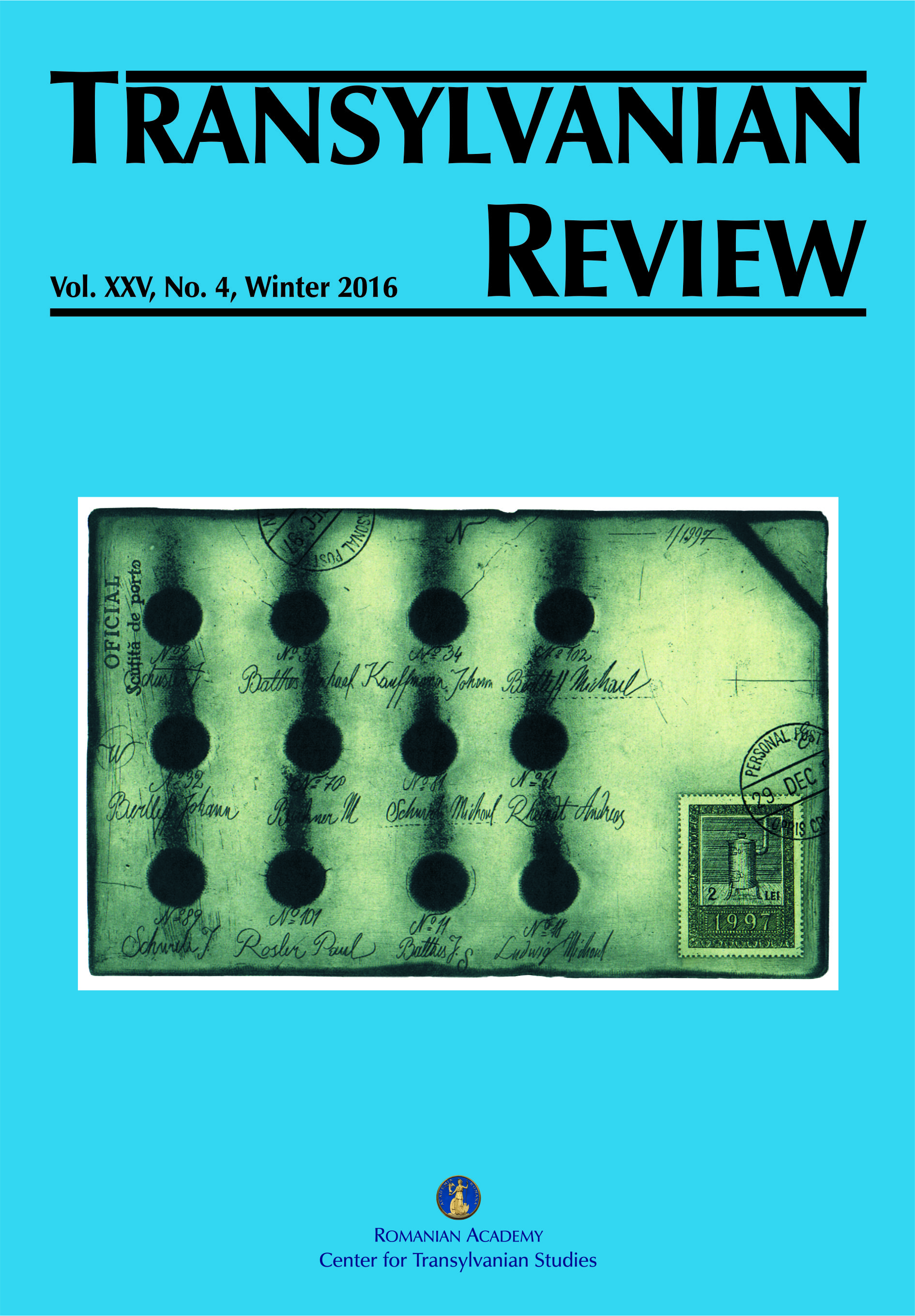Ties That Divide: Nationalities and Confessions in the Debate on Civil Marriage in the Hungarian Parliament (1894–1895)
Ties That Divide: Nationalities and Confessions in the Debate on Civil Marriage in the Hungarian Parliament (1894–1895)
Author(s): Marius Eppel, Andreea DăncilăSubject(s): History
Published by: Academia Română – Centrul de Studii Transilvane
Keywords: civil marriages; Hungary; Upper Chamber; debate; clerical elite
Summary/Abstract: Regarded as an indicator of secularization or as just one battle in the long series of cultural wars waged by modernity, the introduction of civil marriage across the European continent caused intense debates about the position of the church not only in relation to the state, but also in relation to society, whose denominational affiliations were becoming increasingly fragile. When such polemics took place in multi-ethnic and multi-denominational contexts, the rhetorical disputes deployed a diverse array of arguments and the stakes appeared to go beyond the ecclesiastical domain. Although it represented a case of “belated secularization” (Sándor Nagy), since civil marriages were introduced here only in 1895, Hungary is one of the most challenging fields of research, as its ethnic-denominational landscape is unique in Europe. Our research sets out to examine the official positions adopted by the clerical elite in the eastern half of the Austro-Hungarian Monarchy towards the enactment of civil marriage legislation in 1894. Although the ecclesiastical elites, as representatives of the churches, defined themselves primarily in denominational terms, the political role they played in the Upper Chamber of the Hungarian Parliament often put them in a situation where they had to manage difficult relations with multiple partners.
Journal: Transylvanian Review
- Issue Year: XXV/2016
- Issue No: 04
- Page Range: 109-124
- Page Count: 16
- Language: English

